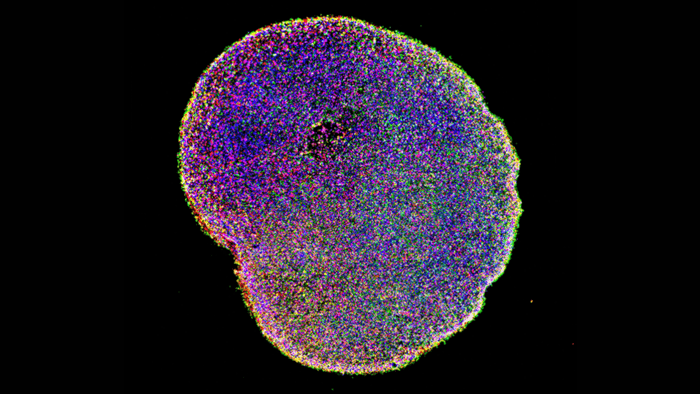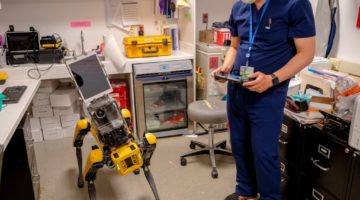
Using human stem cells, Brigham researchers have created miniature, three-dimensional models of the brain to study genetic mutations linked to major mental illnesses.
Tiny, but visible to the naked eye, the miniature brain organoids are created using human stem cells. Scientists then use gene-editing tools in the lab to insert specific mutations into the models to replicate disorders like schizophrenia, bipolar disorder, and depression, which have strong genetic risk factors.
Because the mini-brains are highly controlled, “we know that any differences we are seeing are because of the mutation that we introduced,” says lead investigator Tracy Young-Pearse, PhD.
Using the mini-brains, Young-Pearse and her colleagues successfully disrupted DISC1, a gene associated with mental illness. The team expects this work will launch much-needed, sophisticated studies of how diseases develop in the brain.









